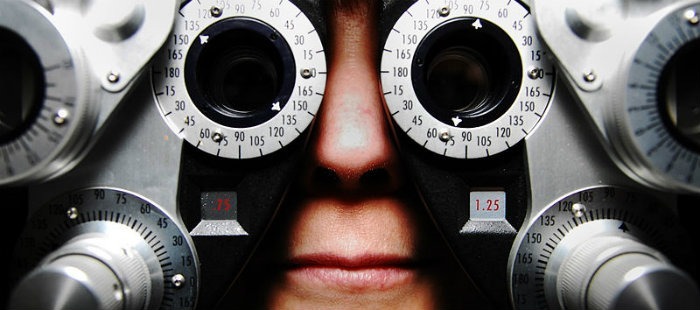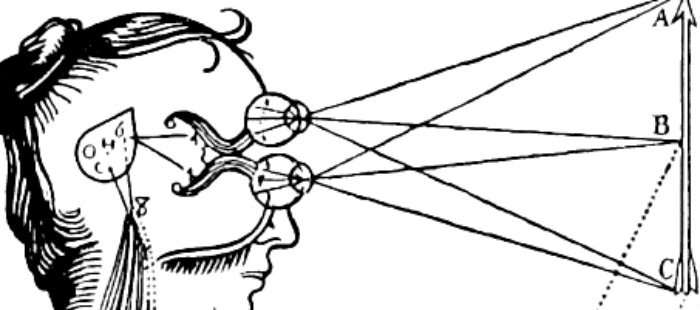November 16, 2014
In the process of this study, I’ve reached out for as much theoretical help as I can find, and tried to view the scene through as many lenses as possible. I’ll describe some of these lenses here, briefly, to give a sense of what’s going on behind the curtain, and the concerns that have driven my questioning technique in the interviewing process. All of these lenses have limitations, which means that I don’t apply any of them exclusively or rigidly. I’m actually interested in their flaws as much as their strengths, because the flaws show me where more study and more humility are required. Each lens can only hold a part of the story about how we hurt and heal through yoga.



